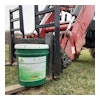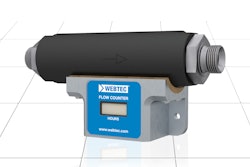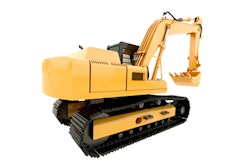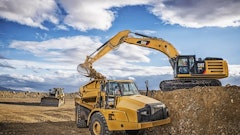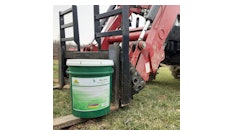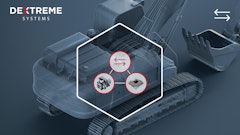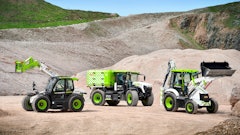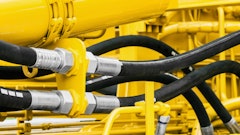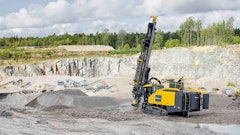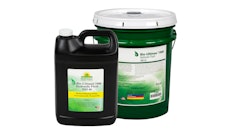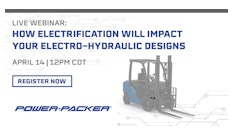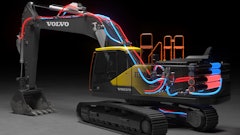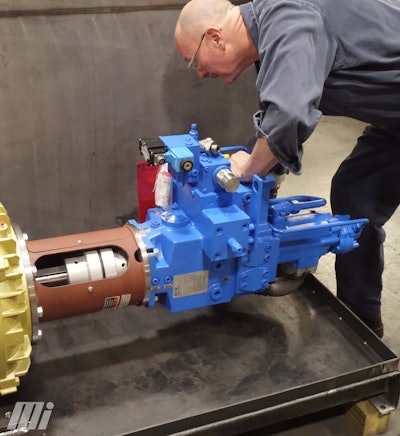
Content sponsored by Motion
For various reasons, you may need to source a new hydraulic or pneumatic system. The driver might be the need for increased production, or the current system may have obsolete components, or a new piece of equipment is being built and the fluid power system will be purchased separately. No matter the reason, it is important to
1. Qualified professionals for the on-site assessment
From a technical standpoint, a fluid power specialist should be available for an on-site consult. Fluid power specialists are trained in the principles of both hydraulics and pneumatics, and many of them are certified by the International Fluid Power Society. This organization assesses fluid power skills in specialists, engineers, mechanics and technicians.
In addition to a general evaluation, the fluid power specialist should be able to offer suggestions for improving the basic system requirements by presenting the latest component technologies and practices that can help improve system performance, efficiency, reliability and lifecycle.
The specialist must also be familiar with the application of electrical and automation solutions. The final design commonly includes motor starters, heaters, sensors and other instrumentation, which requires familiarity with the latest IIoT technology. These system upgrades allow for network connectivity to be used in remote monitoring of system health and reliability. Turnkey systems may require the specialist to incorporate these components, which means they will work closely with the facility’s electrical, automation and maintenance engineers. The specialist will play a pivotal role in long-term reliability of the system and reduced operational cost throughout its lifetime.
2. In-house engineering services
Following the on-site field assessment, the supplier you choose should have an engineer on staff for project management and detailed system design. The engineer provides the final design, including confirmation of system concept, detailed component selection and circuit design for hydraulic, pneumatic and electrical integration. The engineer should provide fluid power and electrical circuit diagrams, system layout drawings and system fabrication costs. When the design is complete, you should receive the engineering diagrams and a detailed explanation of system performance and expectations.
3. Fabrication and testing technicians
After approval of the system design, the supplier should provide qualified fabrication services to complete project construction. The fabricator must have the combined skills of general fabrication and knowledge of fluid power principles. A skilled fluid power fabricator will ensure that the project is constructed to specification and functions as intended. Components should be assembled considering ease of maintenance and operation.
4. Installation and start-up services
The supplier may offer installation services, or this may be an outsourced function. It is highly recommended that the installer be skilled with fluid power principles or be overseen by a certified fluid power specialist. A good fluid power system design can certainly be negatively affected by an improper installation, which could result in premature failure of components or improper system functions. Finally, on the date of startup, the supplier should provide a specialist on-site to offer technical support and verify that all components function as intended.
5. Aftermarket
It is vitally important to choose a supplier that will support you from a technical and transactional standpoint after the purchase. All hydraulic and pneumatic systems require routine maintenance, such as filter changes or addressing the natural lifecycle of components. Monitoring of key attributes may be done visually or through IIoT-enabled sensors and predictive maintenance technologies. This information will notify when routine maintenance is required and allow for on-time delivery of MRO components.
Making the considerations above will be a good start, and engaging a qualified supplier like Motion will help ensure successful fluid power projects.
Alan McCay, CFPS, has worked for Motion for over 25 years and is currently Senior Product Sales Manager for Fluid Power. For more information, visit Motion.com, or skill up on fluid power by visiting Motion’s Fluid Power Blog (motionind.biz/3c1YQDg).

